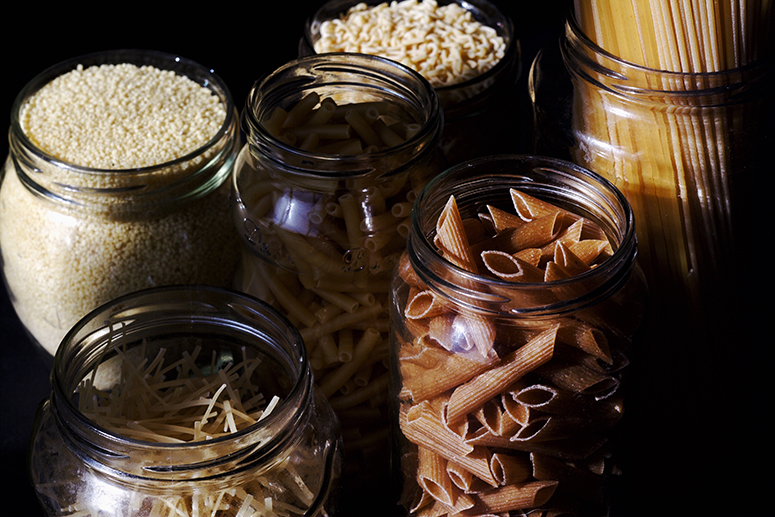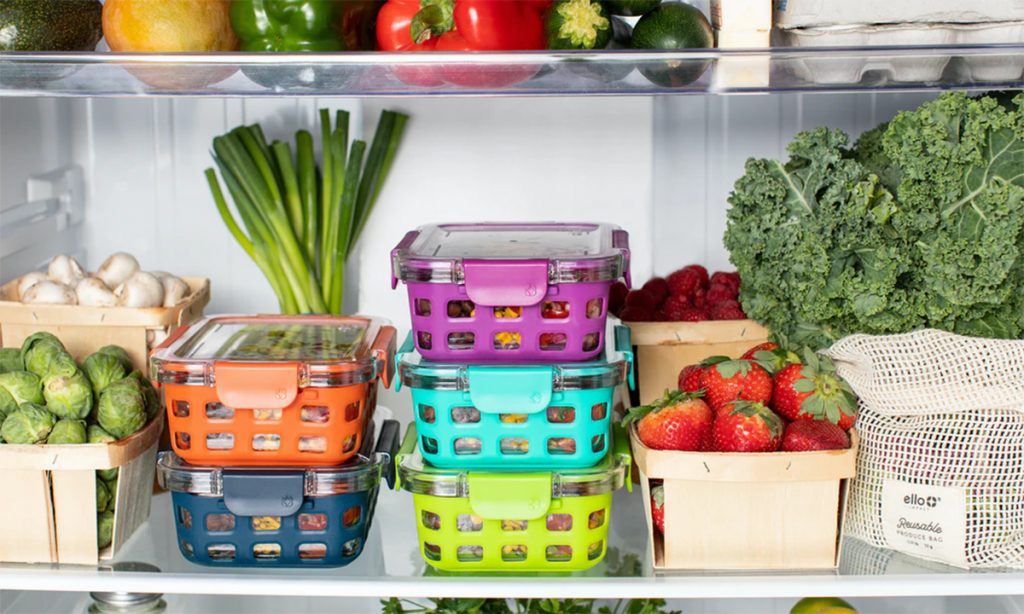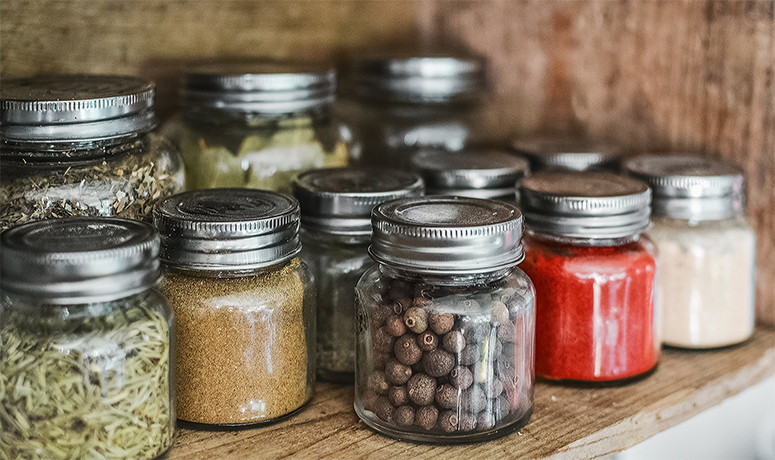Quarantine periods may get extended or it may be imposed again after an interval of unrestricted mobility. For many of us, stocking up on food supply means stashing away canned goods, instant noodles, rice, and water.
But experts say that it’s important to store nourishing foods so we can all eat well even while we are in quarantine. The worst time to get sick is when there are no available beds in hospitals or when it’s unusually difficult to get a doctor’s appointment. Here then are a few guidelines on what food items to store for emergencies.
First, make sure you get the staples. Keep rice, pasta, oats, flour, and beans in airtight containers. Store them in a cool, dry place to keep them fresh.

Keep a wide variety of canned food. Aside from buying the usual sardines, tuna, meatloaf, corned beef, and sausages, consider storing canned vegetables (tomatoes, mushrooms, olives, peas, capers, beans, etc.) and fruits (peaches, pineapples, cherries, oranges, etc.), dressing, and sauces. Use the canned veggies, for example, to make nourishing soups. Throw out cans that are bulging or those that hiss when you open them.

Have dried fruits, seeds, and nuts handy. Oatmeal topped with dried fruits and nuts makes a healthy breakfast or snack.
It is a good idea to keep energy bars, protein powders, granola bars, and honey. These are perfect snack food items for a quick boost of energy. Use the honey to flavor your tea or oatmeal.
Do not forget the spices and condiments. Make sure you have the basic ones like salt, sugar, cooking oil, pepper, soy sauce, and vinegar.

Remember the water. Keep a gallon of water per person per day, and do not forget to set aside clean and safe water for cooking and for your pet/s, if any.

Estimate consumption for two weeks. Depending on the number of people in your household, create a menu of dishes to serve every day for a period of 14 days. Keep it simple but nutritious. Store food items according to your plan.
Also keep food items that will help make you and your housemates feel better. This would include coffee, tea, chocolates (dark would be best), cookies and biscuits, milk, bread, butter, cheese, and sandwich spreads like peanut butter, jams, and so on.
Be careful with food handling and preparation. It’s not just the virus that we need to be wary of, we also have to make sure our cooking and eating utensils are clean, all food items are fresh and clean, and that they are stored and cooked thoroughly. Always check for spoilage or mold, even if these are the shelf-stable items in your pantry.
Try to grow a small herb and/or vegetable garden. Some herbs and veggies are easy to grow, like oregano, sprouts, basil, lettuce, okra, eggplants, peppers, tomatoes, etc. These can go into soups, pasta, salads, teas, and main dishes. If you can’t eat fresh all the way, at least there are basic ingredients that can be obtained fresh from your own garden.
